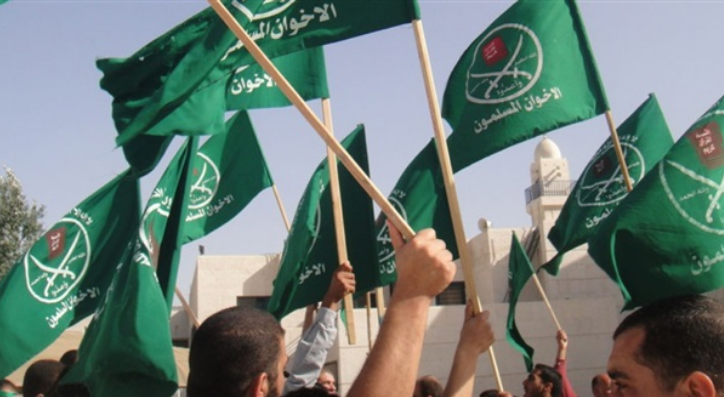Nahla Abdelmonem
The branch of the Muslim Brotherhood in Tunisia has received strong blows whose impacts are expected to last for years to come.
The same blows will potentially affect the ability of the Muslim Brotherhood to have presence in other North African countries.
This is especially true with the organization suffering similar setbacks in these countries.
Decline
Tunisia’s Brotherhood was violently shaken in ways that affected its popular base.
On July 25, Tunisian President Kais Saeed froze the Brotherhood-dominated parliament of his country and lifted the immunity of all MPs, including those of Ennahda Movement, the Muslim Brotherhood branch in the country.
The president also sacked the prime minister and the whole cabinet, depending on Article no. 80 of the Tunisian constitution, which gives the president the right to take exceptional decisions at times when there are threats to Tunisia’s national security.
Observers believe that the downfall of the Brotherhood in Tunisia will affect the organization’s presence in North Africa for several reasons.
These reasons include the fact that the retreat of the organization in Tunisia was the byproduct of a popular momentum indicating hatred to the organization and its positions.
This was especially true after the Brotherhood proved its loyalty to outside parties, regardless of whether this would serve Tunisian interests.
The fact is that the crises of the Muslim Brotherhood are not limited to Tunisia.
The same crises are befalling the organization in other North African states where the organization used to have influence.
In Libya, some people are organizing marches against the movement.
This came after the Brotherhood’s downfall in Tunisia.
The same people are protesting the threats the Brotherhood is posing to Libyan national security.
Libya’s Brotherhood has been working to destabilize the North African country for a long time now.
It threatens to step up its campaign of terror if Libyan National Army Commander, Field Marshal Khalifa Haftar, runs in the forthcoming presidential election and wins it.
In Algeria, the Brotherhood received a resounding blow by losing the parliamentary elections in May 2021.
The group came in third place, which reflects its loss of popularity.
The Brotherhood’s defeats in North Africa followed the group’s collapse in Egypt where it lost the presidency and the parliament at one and the same time.
Popular rejection and international isolation
What the group is experiencing in terms of political and popular decline portends an unknown future that may put it in the margins in the coming period.
Head of the Arab Center for Political and Strategic Studies, Muhammad Sadiq Ismail, told The Reference that the Brotherhood experiences one of the toughest moments in its history.
“This is due to the existence of a popular rejection of its agenda that extends to the entire region,” Ismail said.








































admin in: How the Muslim Brotherhood betrayed Saudi Arabia?
Great article with insight ...
https://www.viagrapascherfr.com/achat-sildenafil-pfizer-tarif/ in: Cross-region cooperation between anti-terrorism agencies needed
Hello there, just became aware of your blog through Google, and found ...